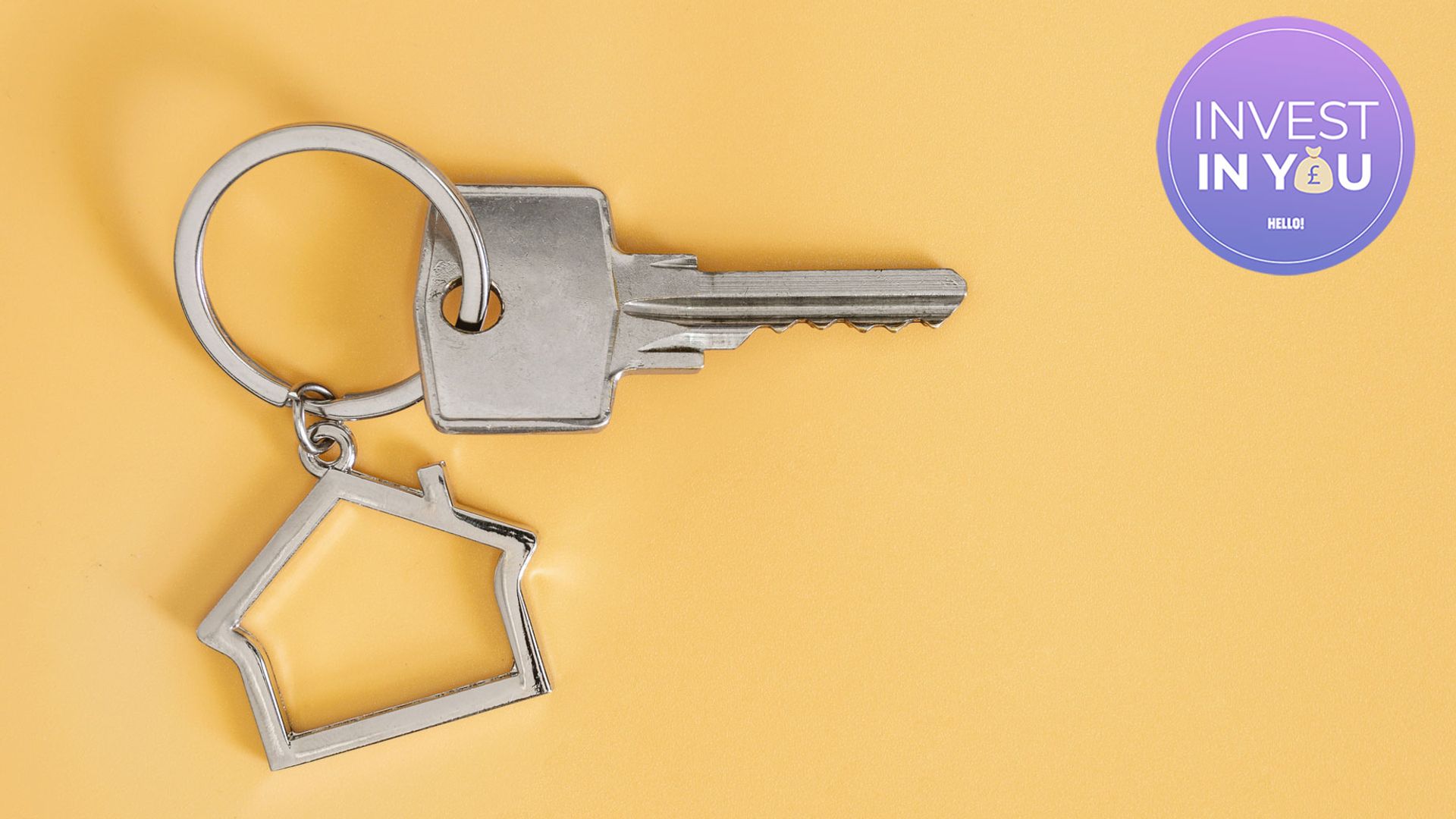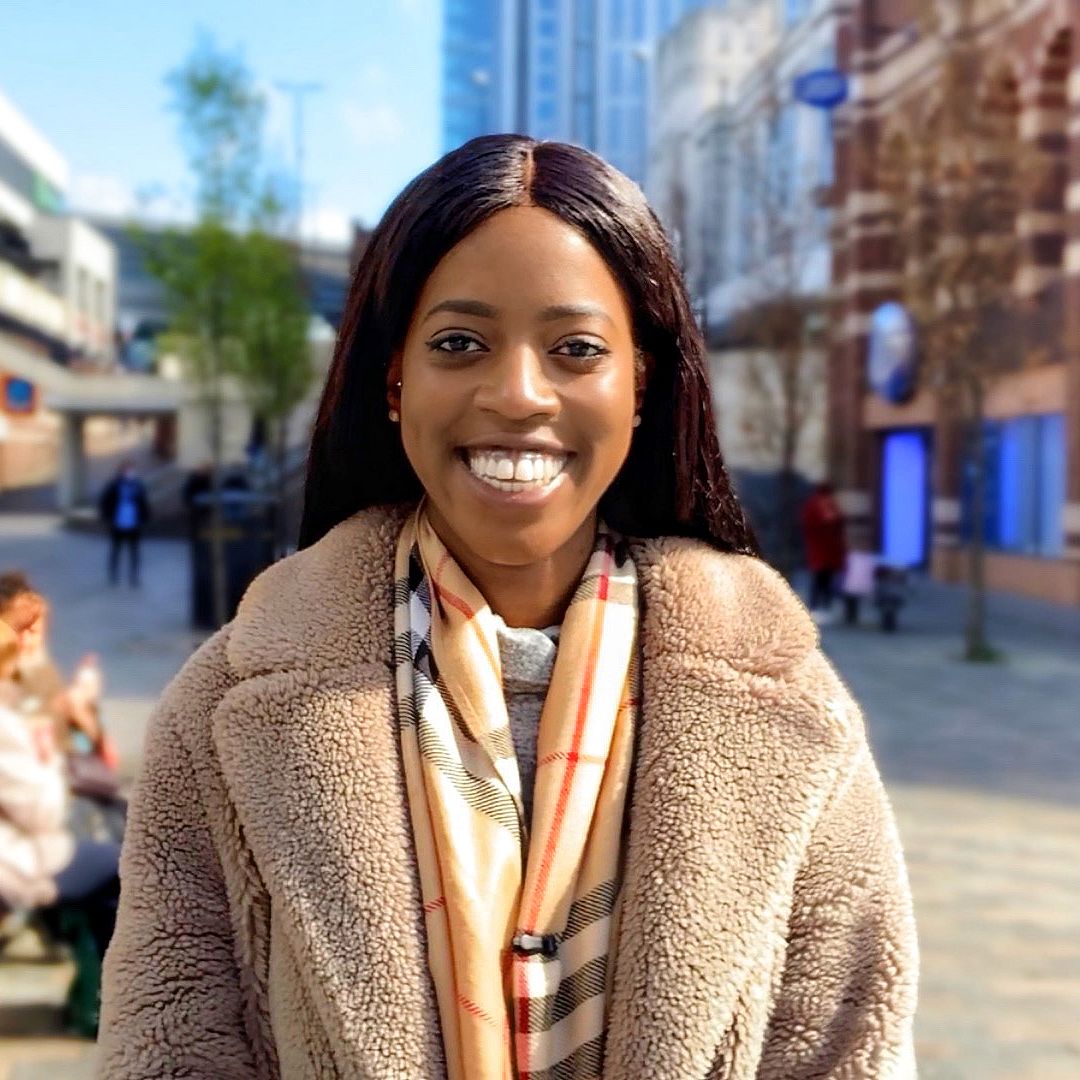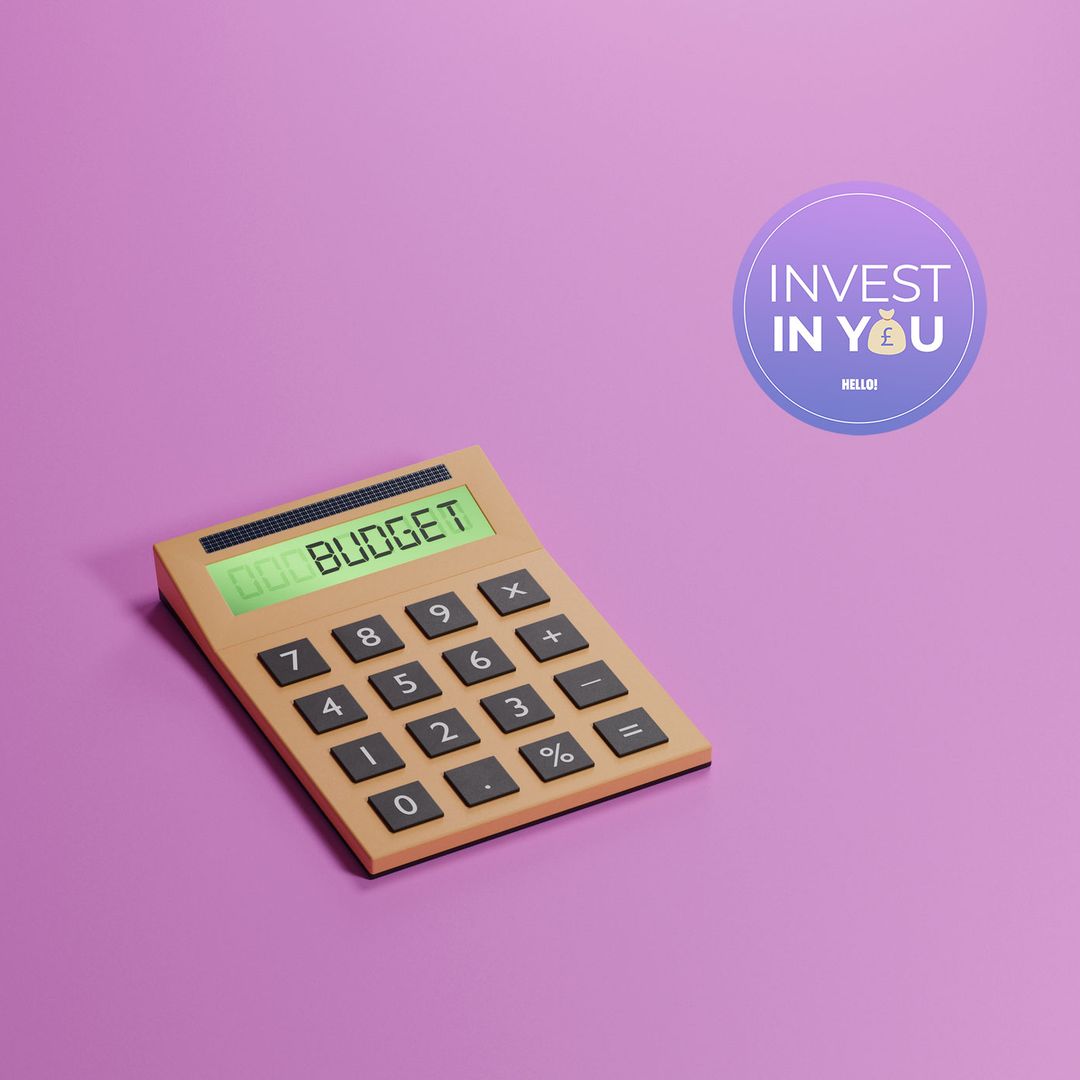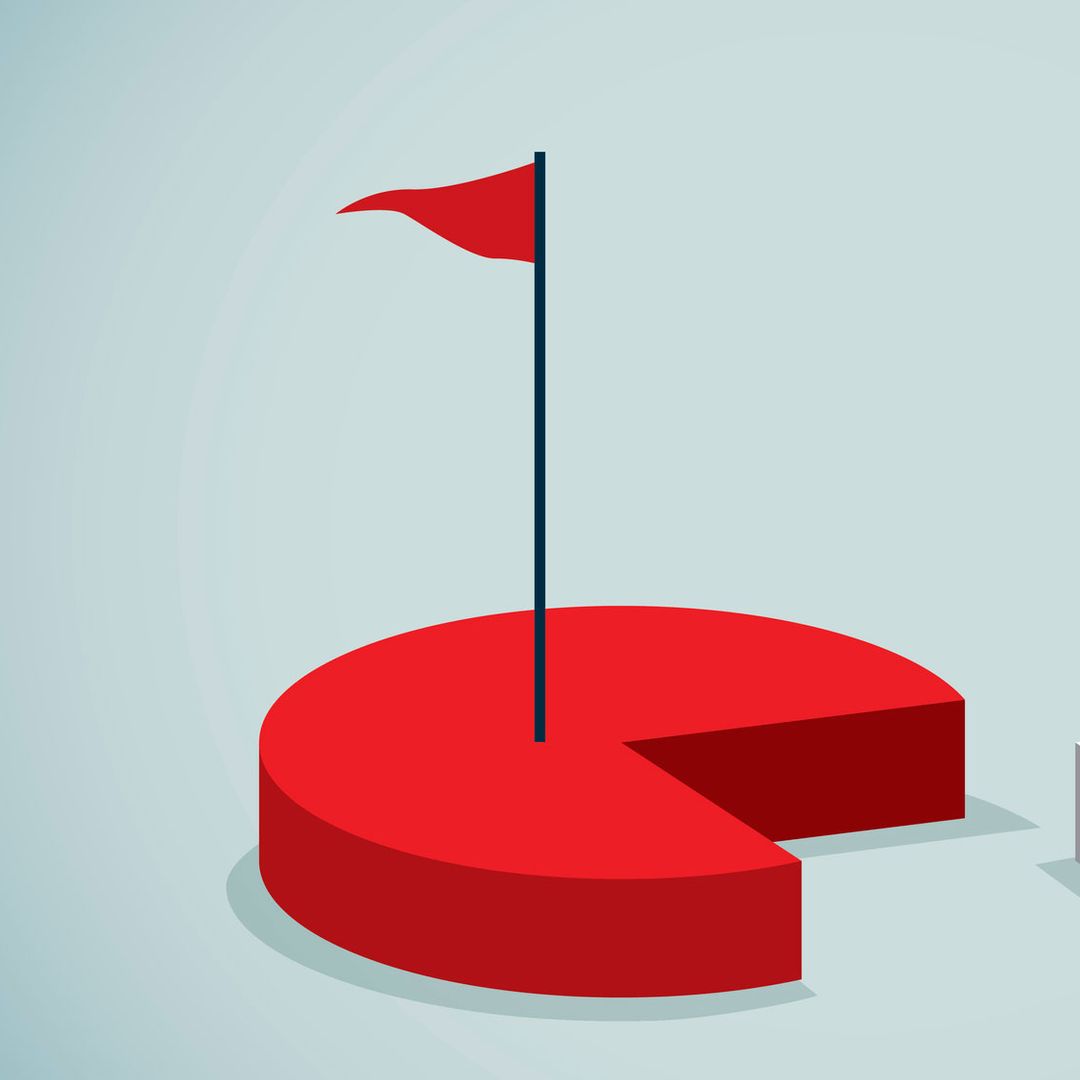Getting on the property ladder is a massive life milestone but it can also be a daunting one because for many people it can be a challenge to get to that point. According to iPlace Global, women waited on average 3.7 years longer than men to secure home ownership while 45% of women say their biggest anxiety is to be stuck renting for the rest of their life, compared to 39% of men.
A big reason for this is the increase in the cost of living, which has been felt more than ever in recent months. Also adding to this is the gender pay gap which has a huge influence on what prospective homebuyers can borrow. As a result, most women are priced out of homeownership unless they accept external help.
It's already difficult being a woman but there are options when you are looking to get on the property ladder and mistakes to avoid to make your process as seamless as possible. Here are some things to consider before you buy.
NOT DOING YOUR RESEARCH
Your research should start long before you begin the formal purchasing process as it will often influence your saving journey and when you decide to get your foot on the property ladder.
Understand what the motivation behind your property purchase is. This decision will impact the choice of area, price, and where you want to buy.
Research the products, regulations requirements and restrictions involved for each of these choices.
NOT VISITING A BROKER
Rita Kohil from The Mortgage Stop in Leeds says she encourages people who are interested in getting on the property ladder to come in and see a mortgage broker first because it’s so important to "have a conversation". She always asks the following questions: "Where are you at and what stage are you at in your property search, how much money have you got saved up, or what are the dynamics?"
You might have nothing saved up or you may have £20,000+, but it is important to map your journey, so you know what's ahead of you.
NOT BEING PREPARED
Guidance recommends you have at least 10% of your deposit saved and a bit extra for fees and stamp duty. The bigger your deposit the better it is because it gives you a wider margin of lenders that you can use. And that's not to say that you can't get a mortgage with a 5% deposit, but it's trickier to get approval because the lower the deposit, the harder the assessment.
Rita reveals some lenders use something called "stress testing" to check your income and will allow you to borrow four and a half times your salary. And "that's not factoring in if you've got dependents, if you've got any loans, credit liabilities, car finance or that kind of thing."
She also recommends going to an advisor, who can look at specialist lenders that offer you the chance to buy with the help of family or friends. "Therefore you can reach out from a wider angle and you've also got two lots of income to boost up your borrowing,” she says.
NOT CHECKING YOUR DOCUMENTATION
Having the correct documentation will relieve most of the stress you might feel during the buying process. Rita said the whole mortgage application process is heavily documentation driven because it's so regulated. "I have to vet that what you are telling me is the truth. If you said to me verbally, ‘I'm on £50,000 a year’, I need to see that on your verified payslips, usually four months’ worth. Sometimes people haven't even looked at their payslips and they might actually be on £45,000 which can make a big difference about buying the property that you want." It can actually be a £20,000 difference so know exactly what you are earning and have the payslips ready to prove it.
Also, Rita reiterated that if you are a sole trader be ready with your accounts and have them ready for submission. She warns: "If it's coming to the end of the tax year be prepared and get your accountant involved with the right numbers." If you mistakenly declare the wrong income, it might impact your affordability.
NOT BEING HONEST
It goes without saying but honesty is the best policy. Your mortgage advisor or broker is not here to catch you out. Rita said she has had people come into her saying they don't have any loans, "but suddenly I see this credit commitment showing on your bank statements and I need to ask for a credit report and will see they've had a CCJ, or they had a default." It might have happened five years ago, for example by not paying your phone bill, but anything that shows on your credit history for six years can impact your approval for a mortgage.
DISCOVER: 8 hidden ways your house is draining your money
Rita also adds that if you are motivated to buy regardless of the recession and interest rates, you're going to do what fits within your budget. "And if it fits your budget, you buy."












